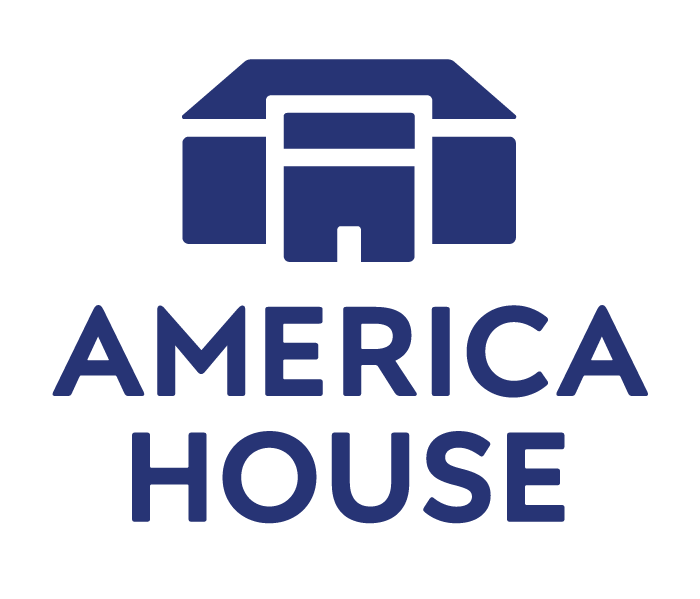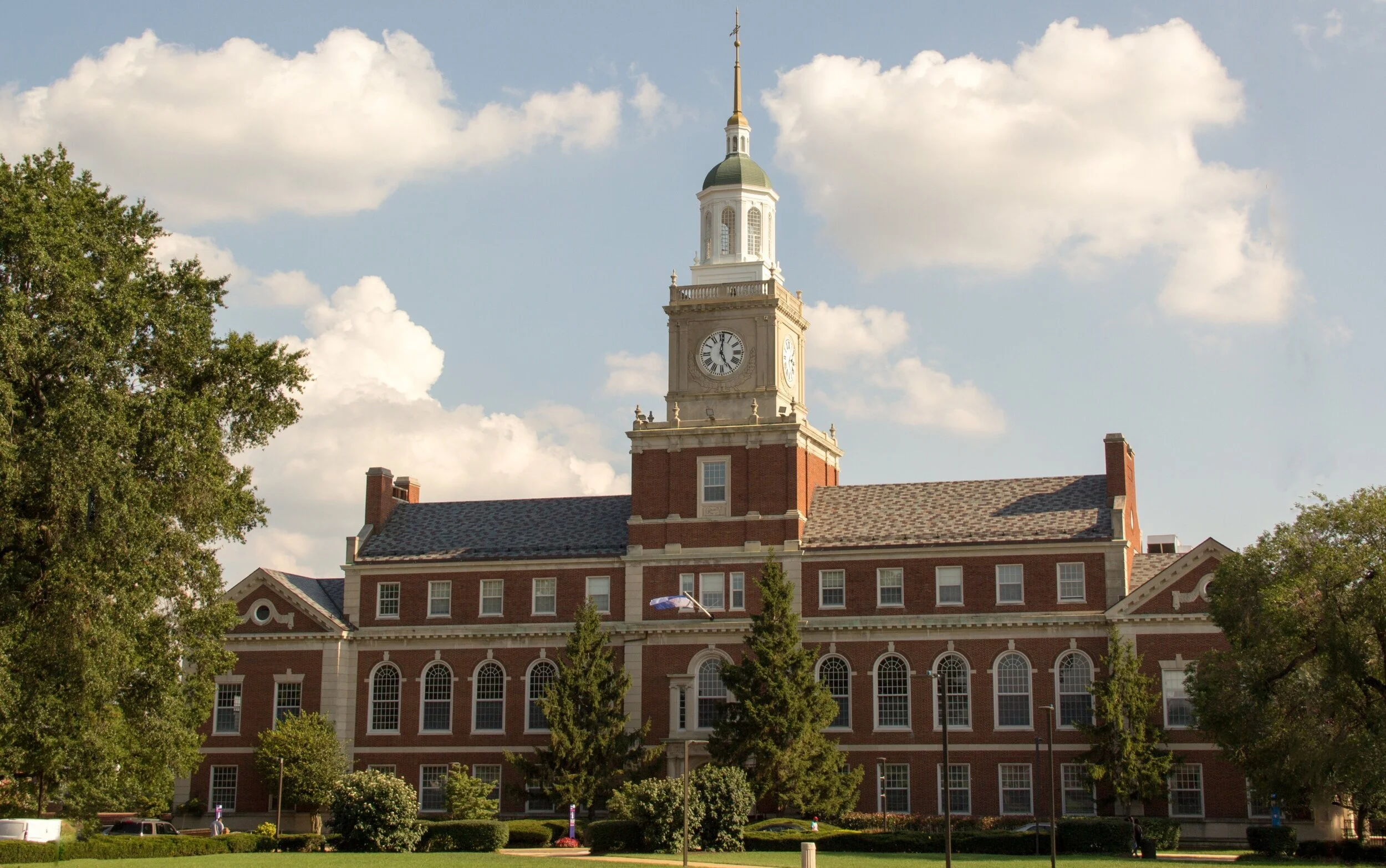In Pursuit of Black Excellence — The Legacy of HBCUs in America
Photo: Brookings Institution
A brief overview
The history of Historically Black Colleges and Universities (HBCUs) begins before the abolition of slavery in the United States. Slave owners were forbidden from educating their slaves because many white people believed that if slaves learned to read or write, they would resist their bondage and rise up for their freedom. At the time, slaves were considered nothing more than property, so there was little support and funding to open schools for them.
Though few in number, schools for Black people existed, pushing back against racism, discrimination, and hate. They were funded primarily by philanthropists, free Blacks, and churches. In fact, the nation’s first HBCU was Cheyney University in Pennsylvania, established in 1837. Early HBCUs had a variety of functions: they taught the children of slaves, trained African American teachers, and offered primary to postsecondary education.
After the Civil War, the South entered Reconstruction, a post-war rebuilding period that also saw the rise of Jim Crow laws. Jim Crow laws were racist, discriminatory, and frequently violent laws that targeted African Americans. For example, schools, restaurants, swimming pools, and other public places were segregated by race. This meant a Black child, for example, could not attend a white school. It was also extremely difficult for African Americans to vote in elections or run for local public office.
HBCUs were key institutions of higher learning for African Americans since most schools remained segregated during Jim Crow. In 1965, HBCUs received official designation by the U.S. Department of Education. Today, HBCUs make up around 3% of the total colleges and universities in America; there are over 100 of them across the country!
For more on the history of HBCUs, check out this amazing documentary by PBS!
HBCU fun facts
Many famous African Americans have graduated from HBCUs: Oprah graduated from Tennessee State University, director Spike Lee attended Morehouse College, singer Lionel Richie graduated from Tuskegee University, and current Vice President of the United States, Kamala Harris, is a Howard University graduate.
HBCU alumni account for around 80% of Black judges and 50% of Black lawyers and doctors.
Strolling is one popular tradition in Black fraternities and sororities. Drawing from its African roots, strolling is a way to show pride, form community, and compete with other Greek organizations. The Alpha Kappa Alpha sorority is considered the first to stroll. Check out this video of students at Southern University, located in Louisiana, strolling!
HBCUs are also known for their homecoming celebrations and large marching bands. Homecoming is a school-wide event to celebrate school pride and culminates in a big football game and half-time show. Check out Jackson State’s marching band here.
HBCUs and where they’re located across America
Photo: Wikimedia Commons
Spelman College: Spelman, located in Atlanta, Georgia, is an all-women liberal arts college. Beginning as the Atlanta Baptist Female Seminary in 1881, it officially became Spelman College in 1924. Spelman’s total student body comprises more than 2,100 students from 43 states and 10 foreign countries. In 2020, Spelman College was ranked #1 among all HBCUs by the U.S. News and World Report. It has held this title for 13 years!
Photo: Wikimedia Commons
Howard University: Founded in 1867, Howard University is a private research university located in Washington D.C. with approximately 11,000 undergraduate and graduate students. It houses both a prestigious law and medical school. The National Science Foundation commends Howard University as the top producer of African American graduates who later earn PhDs in natural sciences.
Photo: Wikimedia Commons
Florida A&M University: Located in Tallahassee, Florida Agricultural and Mechanical University (FAMU) was founded in 1887. Its first classes had 15 students and two teachers. Today, the college has around 10,000 undergraduate and graduate students. It also has a vibrant Greek life and hosts a grape harvest festival each year to educate the public about fruit native to Florida.
Why HBCUs are essential to higher education in America
HBCUs are distinguished by their ability to nurture and empower the next generation of Black leaders. Because Black individuals are the majority, not the minority, on HBCU campuses, students and faculty can discover and reflect upon their own history as well as learn from the resiliency, strength, and character of African American figures throughout American history. Unfortunately, HBCUs are vulnerable to lack of funding, forcing many to close or lose accreditation. As social justice and equity movements continue to build momentum, HBCUs are vital to produce scholars and changemakers who will go on to make a positive impact in their communities.
Vocabulary list:
Abolition (n.): to bring about the end of something. In this case, it was slavery in America.
Bondage (n.): to be captive, to be a slave to another person.
Property (n.): something owned or possessed.
Designation (n.): recognition.
Fraternity (n.): a social organization/club (also called “Greek life”) popular on U.S. campuses. Fraternities are for men, while sororities are for women. Both will host parties, live in the same house, and participate in activities together.
ABOUT THE AUTHOR
A Texas native, Bianca Navia is currently in her senior year at Arizona State University pursuing a dual major in Political Science and Global Studies. She is most passionate about international affairs, diplomacy, foreign languages, traveling, and teaching. A fun fact about her? She’s the oldest of four sisters in a big Cuban-Italian-American family!






